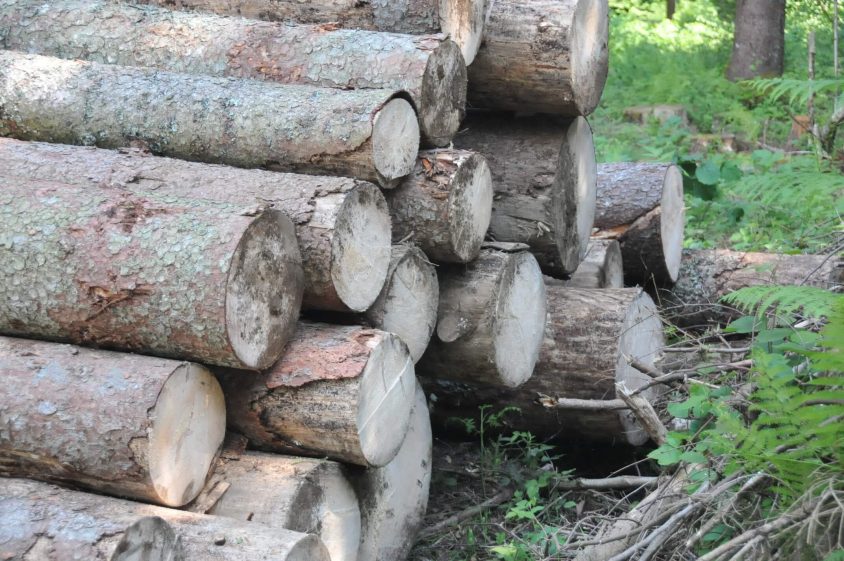Renewable Bioenergy

Country
Hungary
Topics / Scope
Renewable Bioenergy from Short Rotation Coppiced (SRC) Plantation
Incentive for action
Recent research in Hungary has shown that hybrid poplar varieties can be an excellent planting choice in farms to produce materials for woody biomass for energy purposes. Compared to yields of 2-3 green ton/ha/year in native forest stands, short rotation coppice (SRC) plantations can produce 20-30 green ton/ha/year. This represents about 300 GJ renewable energy per hectares yearly.
Primary objective
Cooperation possibility (1): clonal test and variety selection test/With regard to the need for cooperation in the field of poplar clonal test to spread the results of breeding activities to benefit of both growers and users the exchanges of genetic material for experimental and commercial purposes is to be encouraged/ (2): share experiences of agronomy of SRC/A cost efficient production of woody biomass for energy purposes requires both efficient agronomic and technical solutions, e.g. weeding, fertilization, planting, maintenance. The harvested volume of SRC for energy is still limited and further R&D is expected to result in major cost reductions on the supply side./
Organizational structure
Permanent working group




